Press
Repsol lights up the Madrid Book Fair with solar energy
For the second consecutive year, the Madrid Book Fair features Repsol as a multi-energy partner. In this, its 84th edition, it operates with solar energy for the first time, thanks to 176 Repsol solar panels that will generate 100% renewable energy for the fairgrounds.
Press Release
04 June 2025
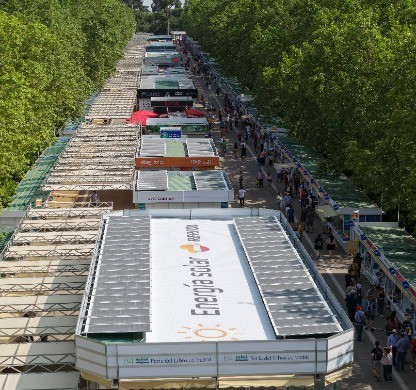

Repsol chairman calls on Europe to show ‘pragmatism and realism’ to advance competitively in the energy transition
Antonio Brufau expressed his commitment to an action plan for the transition of the refining sector, which is strategic for ensuring the country's supply.
Press Release
30 May 2025
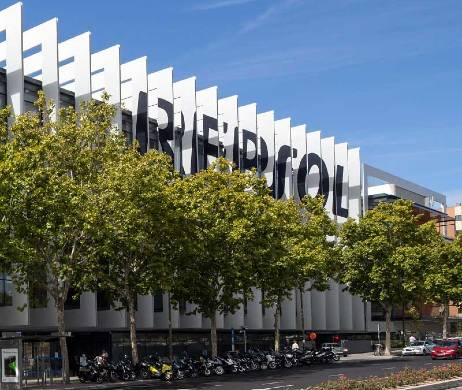
Repsol posts net income of €366 million in the first quarter
Repsol posted net income of €366 million in the first quarter of the year, 62.2% lower than in the same period last year.
Press Release
30 April 2025
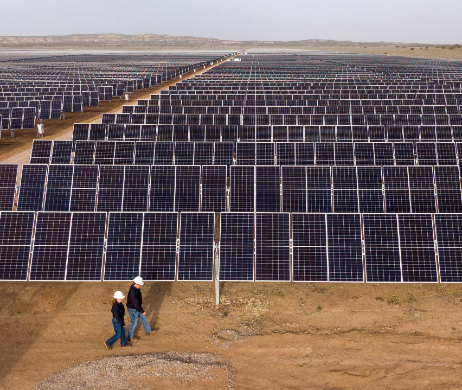
Repsol allies with Stonepeak on solar and storage portfolio for its first us renewables partnership
Stonepeak has agreed to acquire a 46.3% stake in Repsol’s 777 MW portfolio across New Mexico and Texas for $340 million.
Press Release
29 April 2025
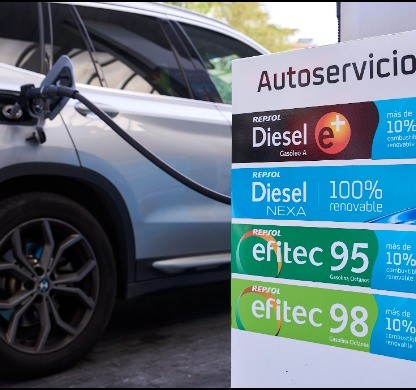
Repsol surpasses 1,000 service stations with 100% renewable Nexa Diesel
Repsol has surpassed 1,000 service stations offering 100% renewable Nexa Diesel in the Iberian Peninsula, with currently 998 in Spain and 63 in Portugal.
Press Release
28 April 2025
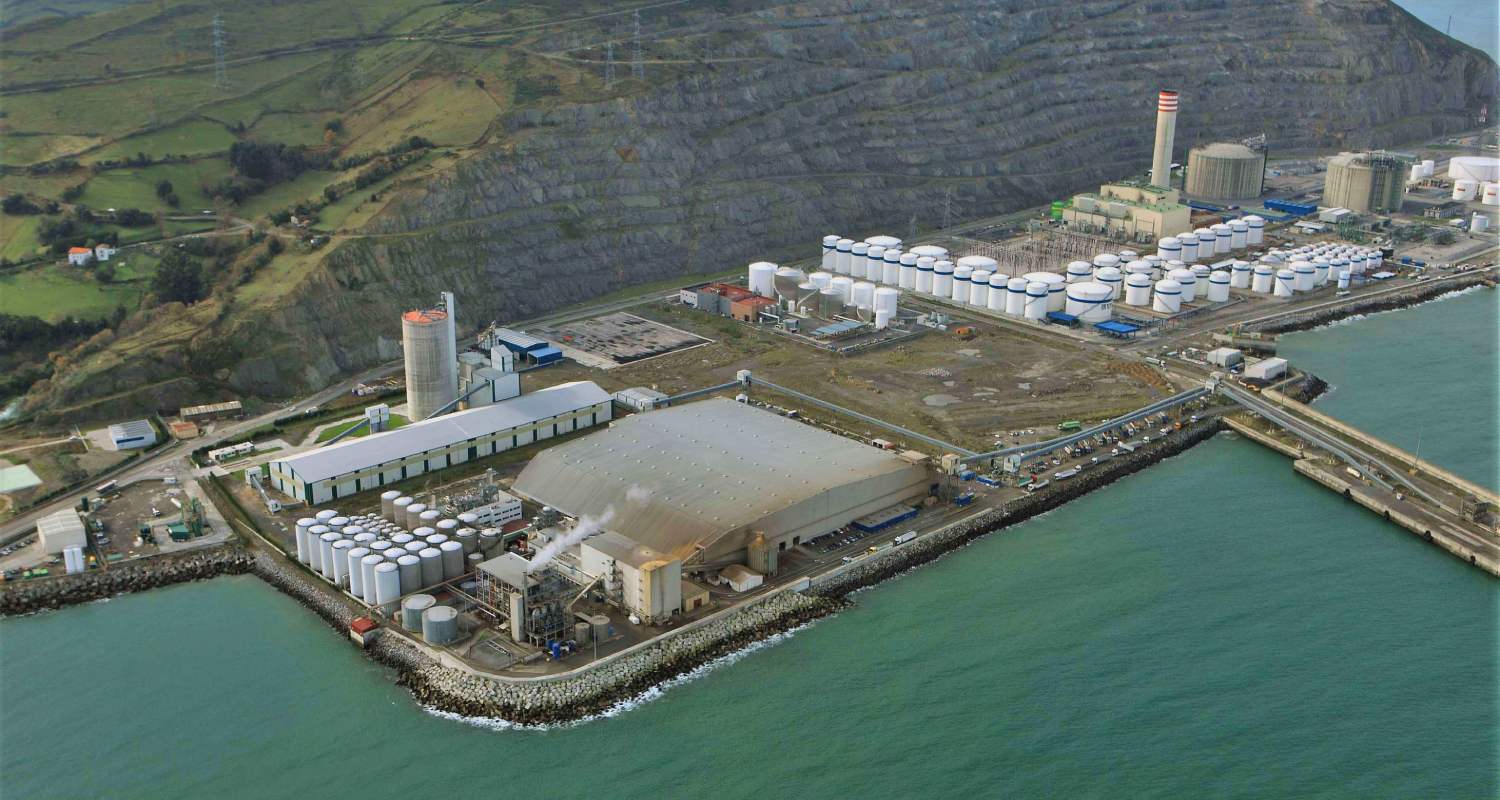
Repsol and Bunge to Boost Development of Renewable Fuels in Europe with Intermediate Crops
The companies will collaborate to process intermediate crops into low-carbon intensity oils to be used as feedstock for the production of renewable diesel or sustainable aviation fuel (SAF).
Press Release
25 April 2025
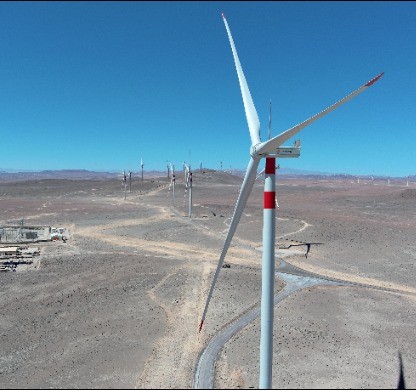
Repsol starts producing electricity at the company’s largest wind farm, located in Chile
The Antofagasta Phase 1 wind farm is one of the largest in the Andean country. It has a total installed capacity of 364 MW.
Press Release
14 April 2025
Multimedia gallery
images image






Contact us
Contact us
Have any questions? Get in touch with us and our agents will help you.